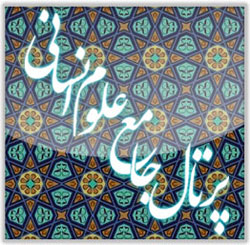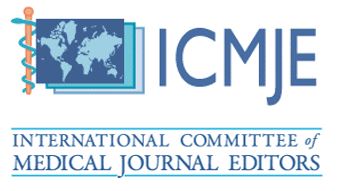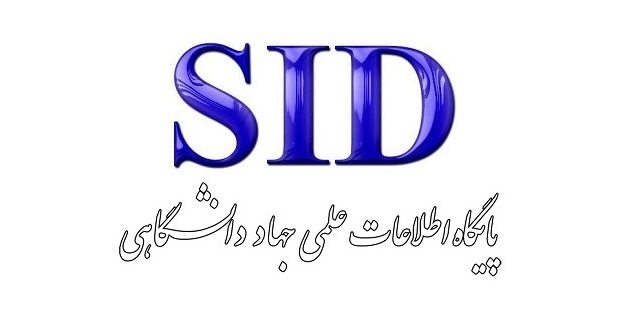Discourse Analysis of Power and Language in Historical and Literary Texts of the 5th Century Hijri: Insights into the Political and Social Transformations of the Era
Keywords:
Discourse analysis, power, language, 5th century, Hijri, Tārīkh-e Bayhaqī, Tārīkh-e Yamīnī, Farrukhī Sīstānī, metaphor, rhetoric, power legitimacyAbstract
This article analyzes the discourse of power and language in the historical and literary texts of the 5th century Hijri, examining the role of language in representing power and its influence on the political and social transformations of the era. The research, based on critical discourse analysis theories and drawing on the perspectives of Michel Foucault and Norman Fairclough, explores how language was used to legitimize ruling powers and how social and political changes were reflected through language in these texts. This study analyzes examples from historical works such as Tārīkh-e Bayhaqī and Tārīkh-e Yamīnī, as well as poems from prominent poets such as Farrukhī Sīstānī and Anṣarī. The findings show that language in these texts served not only as a tool for narrating history and events but also as a means for reproducing and consolidating power. These discourses, especially through the selection of specific words and phrases, either legitimize or challenge political powers. Finally, the article provides suggestions for future research, advocating for the examination of more extensive texts to gain a deeper understanding of the role of language in representing power in Islamic history.













